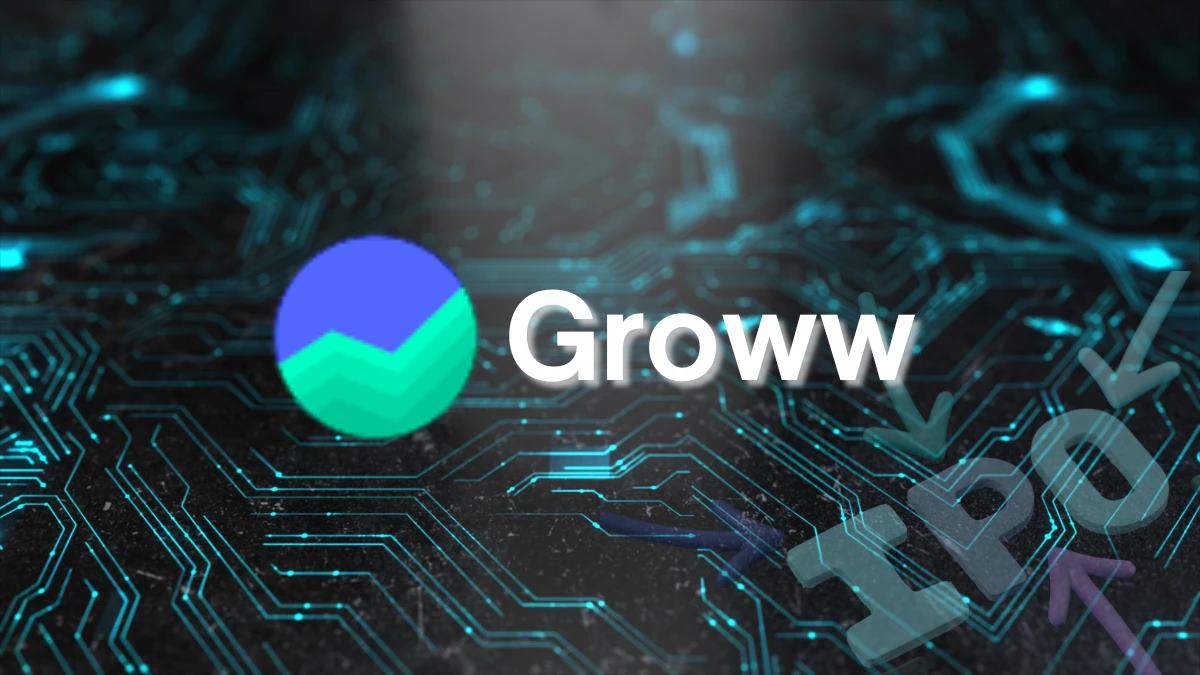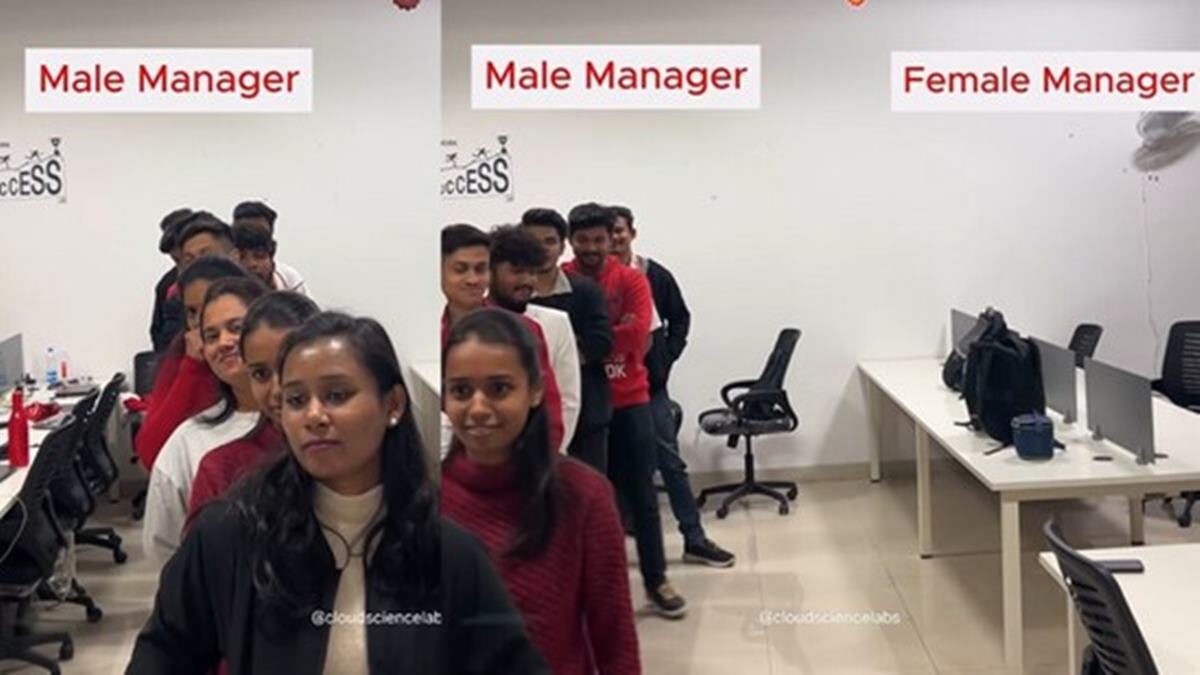Students who use AI to write college essays are losing their ability to write effectively, according to the New Yorker. The article raises questions such as: What is the purpose of education as the job market becomes more competitive and the cost of college keeps rising? Will students be worse off if they use AI to help them do their writing homework more efficiently? Are they ever going to be able to land a job?
A student the New Yorker referred to as Alex struck me as having compelling answers to these questions. He switched his New York University major from arts to accounting early in his time on campus to get a CPA degree and find a job. He used AI chatbots—including ChatGPT, Claude, and Gemini—for various writing tasks.
He took the outputs from these chatbots to complete the writing assignments in ways that would enable him to comply with the various mechanisms his professors put in place to keep them from using AI to cheat on their homework. For example, he used AI to summarize a paper he found that described photographs he had taken of pictures and wall text at a museum exhibition. He submitted the paper and earned an A- which saved him time and enabled him to get by.
While Alex’s conduct would likely be frowned upon by his liberal arts professors, he was using AI to help him get done the parts of his education that were not directly relevant to his career ambitions. He spent “between thirty minutes and an hour composing two papers for his humanities classes.” the New Yorker reported. Without Claude, Alex estimated that would “have taken him around eight or nine hours.”
I don’t think it’s a stretch to say that if Alex was a corporate employee, he’d be rewarded for his efficiency. But he may never get the chance to prove that.
The Promise of AI
Companies are planning to invest $1 trillion in generative AI over the next several years, according to Goldman Sachs, Most of those companies are hyperscalers with huge cloud computing centers used to train and operate AI chatbots. The companies using those AI chatbots are seeking a return on the investment by coding and providing customer service with fewer people.
While business leaders are talking about huge numbers of jobs being cut, the evidence of AI-linked job cuts is not compelling so far. A mere 20,000 out of 286,679 planned layoffs so far this year are linked to automation, according to the job and hiring consultancy Challenger, Gray & Christmas featured by NBC News, Moreover, a mere 75 of the 20,000 job losses are linked to AI implementation.
However, CEOs are boasting about much larger job reductions resulting from AI. In June Amazon warned AI could “reduce our total corporate workforce as we get efficiency gains,” according to CEO Andy Jassy. Shopify will stop hiring unless managers can prove they “cannot get what they want done using AI,” CEO Tobi Lutke wrote in a March memo to employees, reported NBC News.
Will the people losing their jobs be new hires whose work can be done more efficiently by AI or experienced workers whose knowledge is embedded in the AI chatbot? The answer is both. AI could “cannibalize half of all entry-level white-collar roles within five years,” Anthropic CEO Dario Amodei told Axios.
On the other hand, companies could decide to cut expensive senior staff who stop learning. “A class of worker more oriented toward a routine in a certain way of doing things,” could lose their jobs, OpenAI chief operating officer Brad Lightcap told the New York Times.
Is AI destroying peoples’ brains or freeing up for more valuable tasks?
Whether you’re a college student, an entry level job candidate, or a senior executive resting on your laurels, how you choose to use AI can have big implications.
New research from MIT suggests ChatGPT—if used the wrong way—can pave the way for making humans less valuable as the technology reduces their brain activity and memory. The study evaluated the brain activity and recall of three groups of essay writers—users of ChatGPT, a search engine, and their own brain power. The worst performing group used AI, the best their own brains, according to CNN.
Here are three things you can do to capture the value and avoid the risks of AI:
- Figure out what you want most to do with your time. What could you accomplish when you’re not being bogged down by repetitive and tedious tasks?
- Give AI chatbots the work you must do that does not fit your top priorities
- Use AI to make you more effective at the work you value most
Source – https://www.inc.com/peter-cohan/is-ai-actually-rotting-our-brains-and-stealing-our-jobs/91211145




















